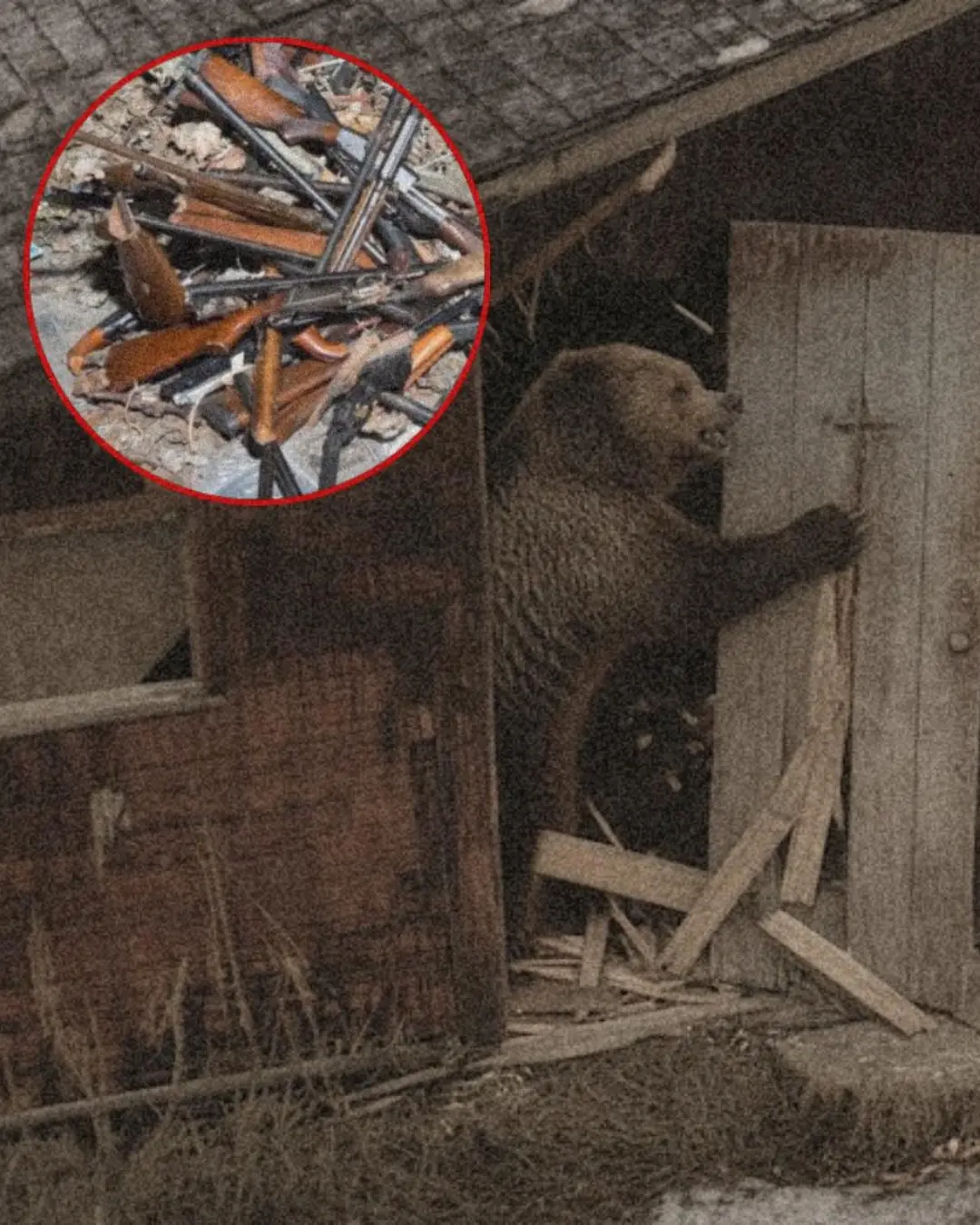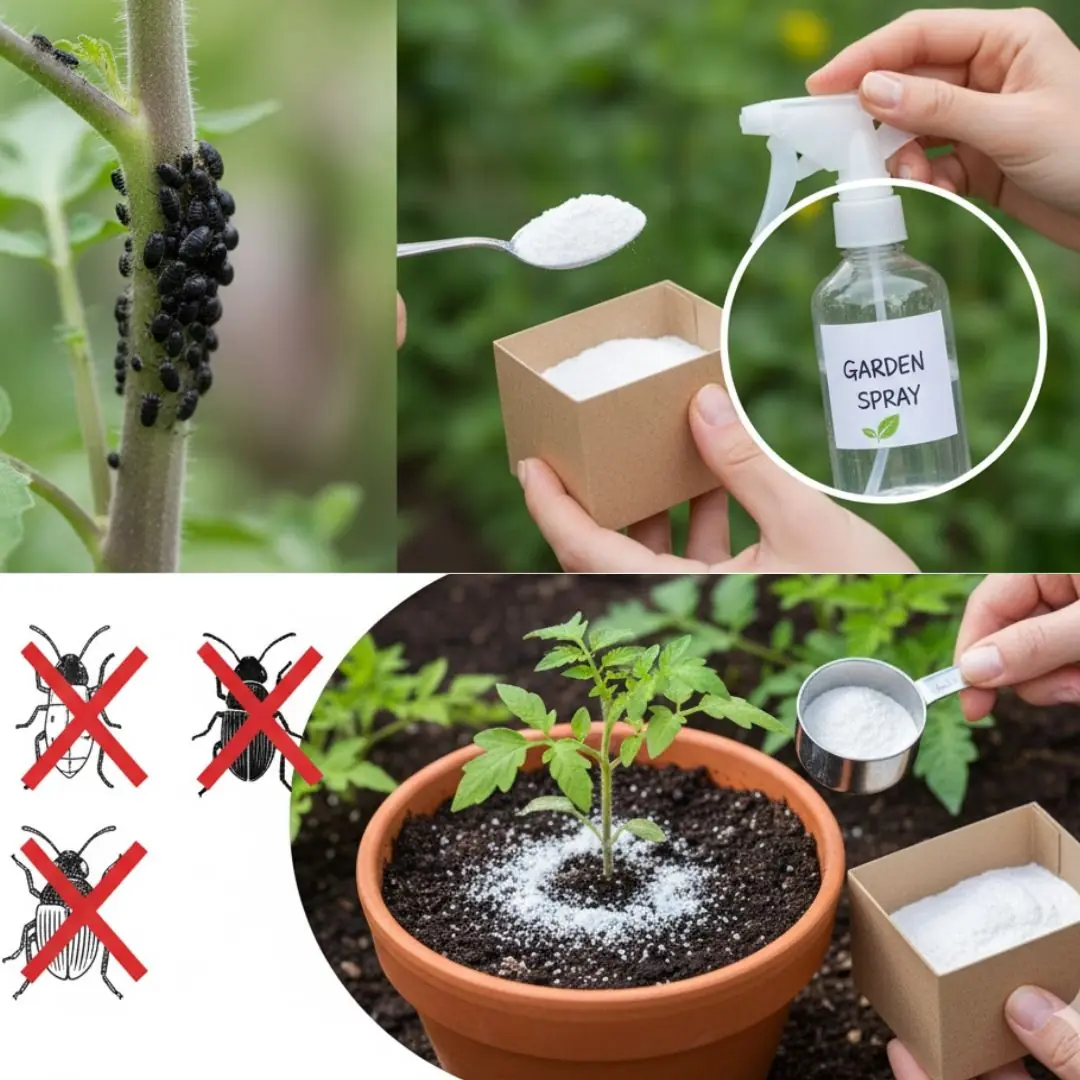
Hotel Room Red Flags You Should Never Ignore

When you check into a hotel or motel, it’s tempting to drop your bags, kick off your shoes, and start relaxing right away. But before you settle in, take just two minutes to inspect your room. That quick check could protect your privacy, hygiene, and personal safety.
Even reputable hotels can occasionally overlook details—or worse, conceal hazards. Whether you’re staying in a luxury resort or a roadside inn, keep your eyes open for these three red flags that should make you think twice about staying put.
🚨 1. Two-Way Mirrors
In rare but unsettling cases, mirrors have been used for surveillance or unauthorized observation. This is more likely in unregulated motels, rental properties, or low-security lodgings, but it never hurts to check.
How to Test for a Two-Way Mirror:
-
Place your fingertip directly against the mirror’s surface.
-
Look closely at the reflection.
-
If there’s a small gap between your finger and its reflection → ✅ It’s a normal mirror.
-
If your fingertip appears to touch the reflection directly (no gap) → ⚠️ It might be a two-way mirror.
-
💡 Pro Tip: You can also shine your phone flashlight along the edges of the mirror. A hollow or dark space behind it could indicate something suspicious.
👉 What to do:
If you’re unsure or uncomfortable, don’t ignore your instincts. Contact the front desk immediately, request a different room, or—if you feel unsafe—leave the property altogether. Your privacy isn’t worth the risk.
📸 2. Hidden Cameras
While privacy breaches in hotel rooms are uncommon, they do happen. Tiny hidden cameras can be disguised as USB chargers, alarm clocks, air purifiers, or smoke detectors. Many of these devices are inexpensive and easy to conceal, which makes a quick scan worth your time.
How to Detect Hidden Cameras:
-
Dim the lights and close the curtains.
-
Use your phone’s flashlight or camera to scan around the room—especially near beds, vents, mirrors, and electronics.
-
Watch for small glints of light or faint red/blue LEDs—these may be reflections from hidden lenses.
-
Use your phone’s network scanner app (like Fing) to search for unknown connected devices on the hotel Wi-Fi.
👉 What to do:
If you find something suspicious, don’t touch or disable it immediately. Instead, photograph the device, alert hotel management or local authorities, and request a new room—or leave the premises if they fail to respond appropriately.
💡 Extra Tip: When in doubt, unplug unfamiliar electronics, cover suspicious lights, or place a piece of tape over questionable devices while you contact staff.
🚿 3. Dirty Faucets or Showerheads
A visibly dirty bathroom is more than unpleasant—it’s a red flag for poor cleaning protocols. Neglected fixtures can harbor bacteria like Legionella, mold, or mildew, which thrive in moist environments.
What to Look For:
-
Lime or calcium buildup on taps
-
Brown, rusty, or black residue on showerheads
-
Musty smells or visible mold around drains or tile grout
-
Grime under detachable parts or inside the showerhead
👉 What to do:
If these areas show clear neglect, request a different room—and check that one, too. If multiple rooms show similar hygiene issues, it’s safest to check out entirely.
💡 Bonus: Run hot water through taps and showers for 30 seconds before using them. It helps flush out stagnant water and reduces bacterial buildup.
🧠 Final Tip: Trust Your Instincts
If something feels off about your room—unusual smells, strange noises, odd layouts—don’t brush it off. Trust your gut. A few minutes of vigilance can save you from a serious privacy violation or a miserable night’s sleep.
✈️ Bonus Travel Safety Kit
Consider packing a few small but powerful safety tools on every trip:
-
🔦 Mini flashlight – to check dark corners or under furniture
-
🔐 Portable door lock – for added security at night
-
🧴 Disinfectant wipes – for remotes, handles, and switches
-
📱 Hidden camera detector app – for extra peace of mind
These small items take up almost no space but can make a huge difference in your sense of safety.
Bottom line:
Before you unpack, pause.
Take two minutes to look around, trust your instincts, and don’t be afraid to walk away if something doesn’t feel right.
Because your comfort—and safety—should never depend on luck.
News in the same category


Why You Shouldn’t Wash Rice in the Inner Pot of an Electric Rice Cooker

Turns out I've been using it the wrong way for a long time

🥚 5 Simple Ways to Tell if Your Eggs Are Fresh or Rotten 🚫

Crush a handful of these leaves and drop them into the pot.

New research discovers unexpected benefits of lard

Mix banana peel with this and keep it in the corner of the house

The house is full of dust even if cleaned regularly, apply these 3 tips for a whole week and the house will still be clean
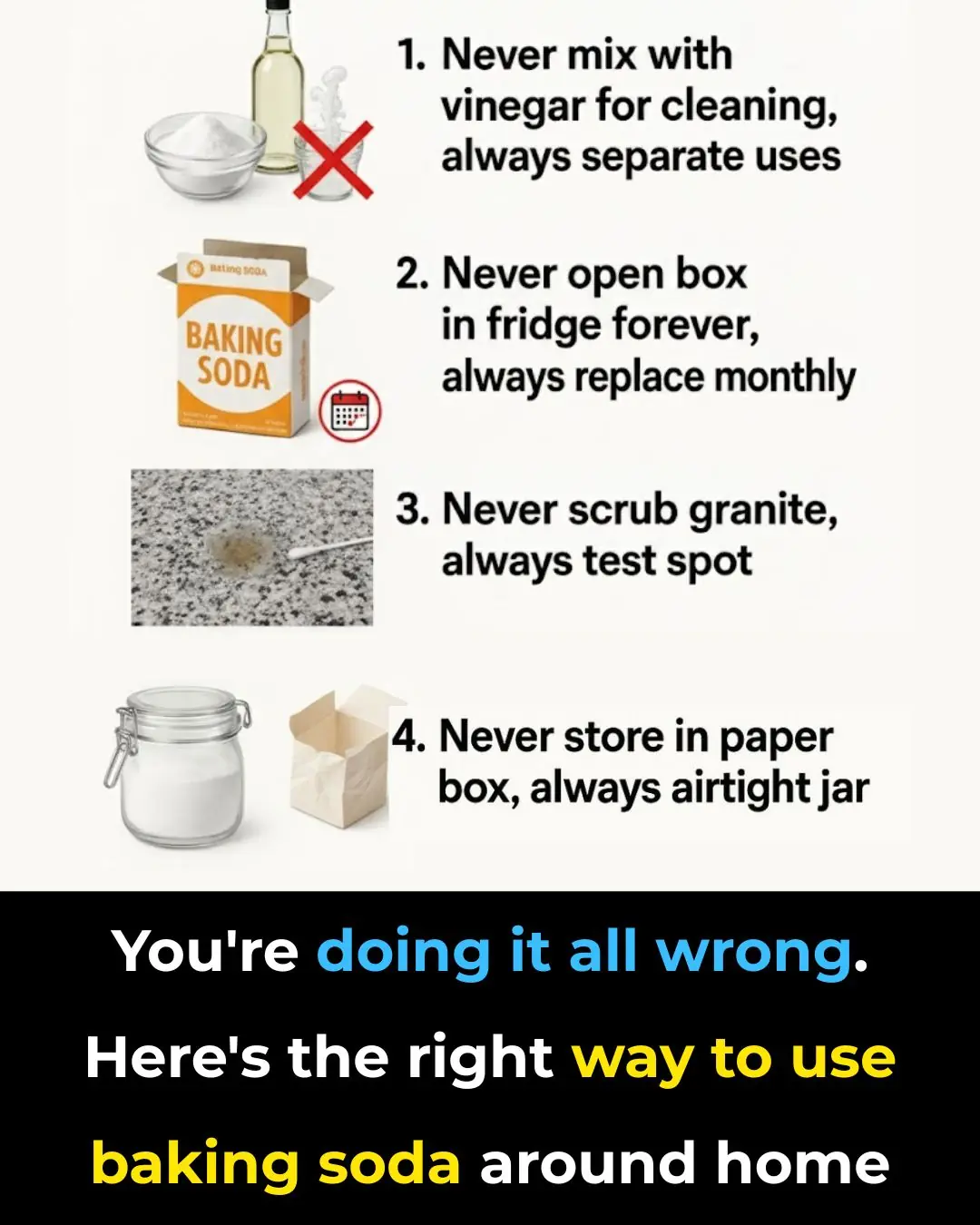
You’re doing it all wrong. Here’s the right way to use baking soda around home

Don’t Soak Frozen Pork in Water — Try This 10-Minute Thawing Trick for Fresh, Tender Meat
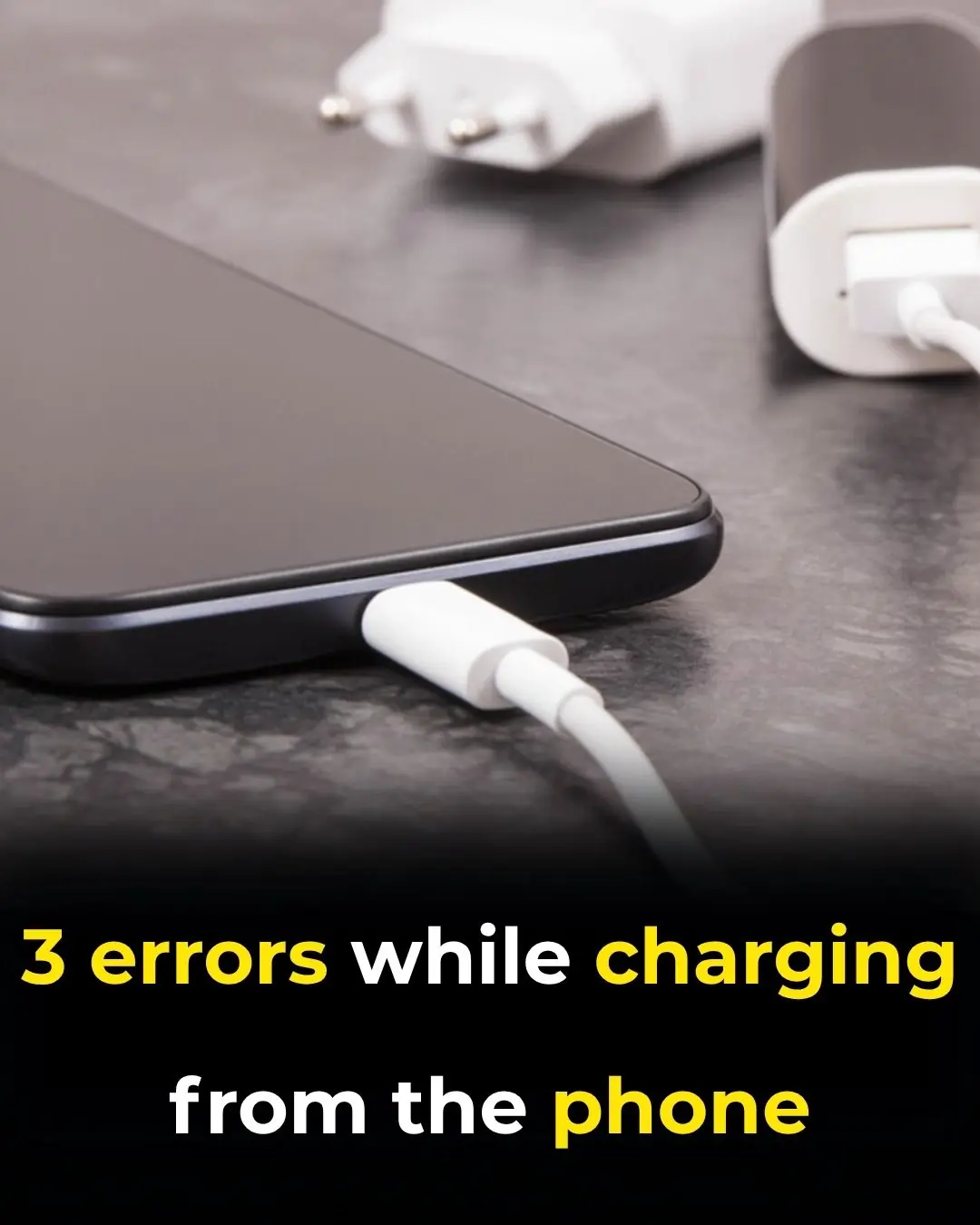
🔌 3 Mistakes to Avoid When Charging Your Phone — And How to Extend Its Life
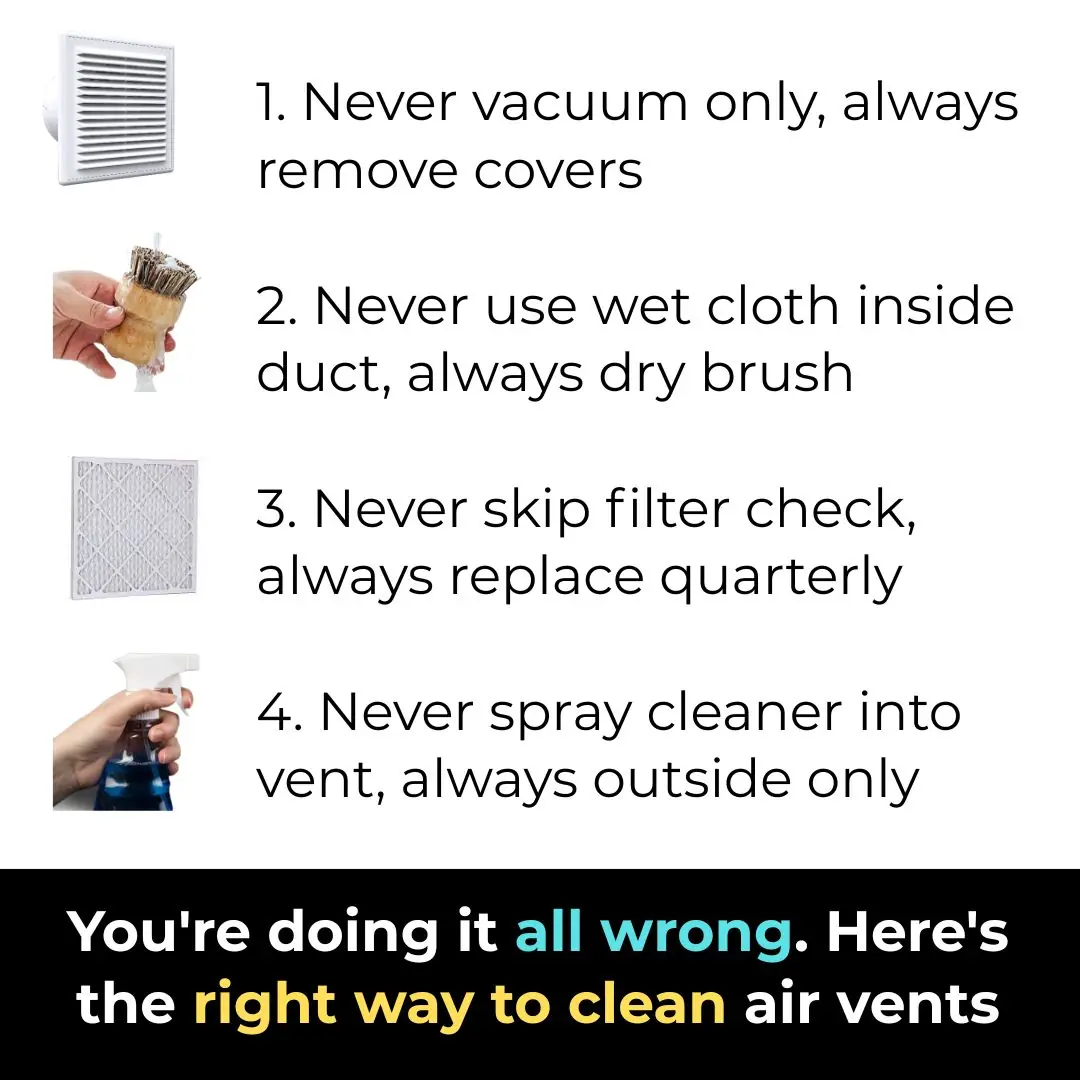
You’re doing it all wrong. Here’s the right way to clean air vents
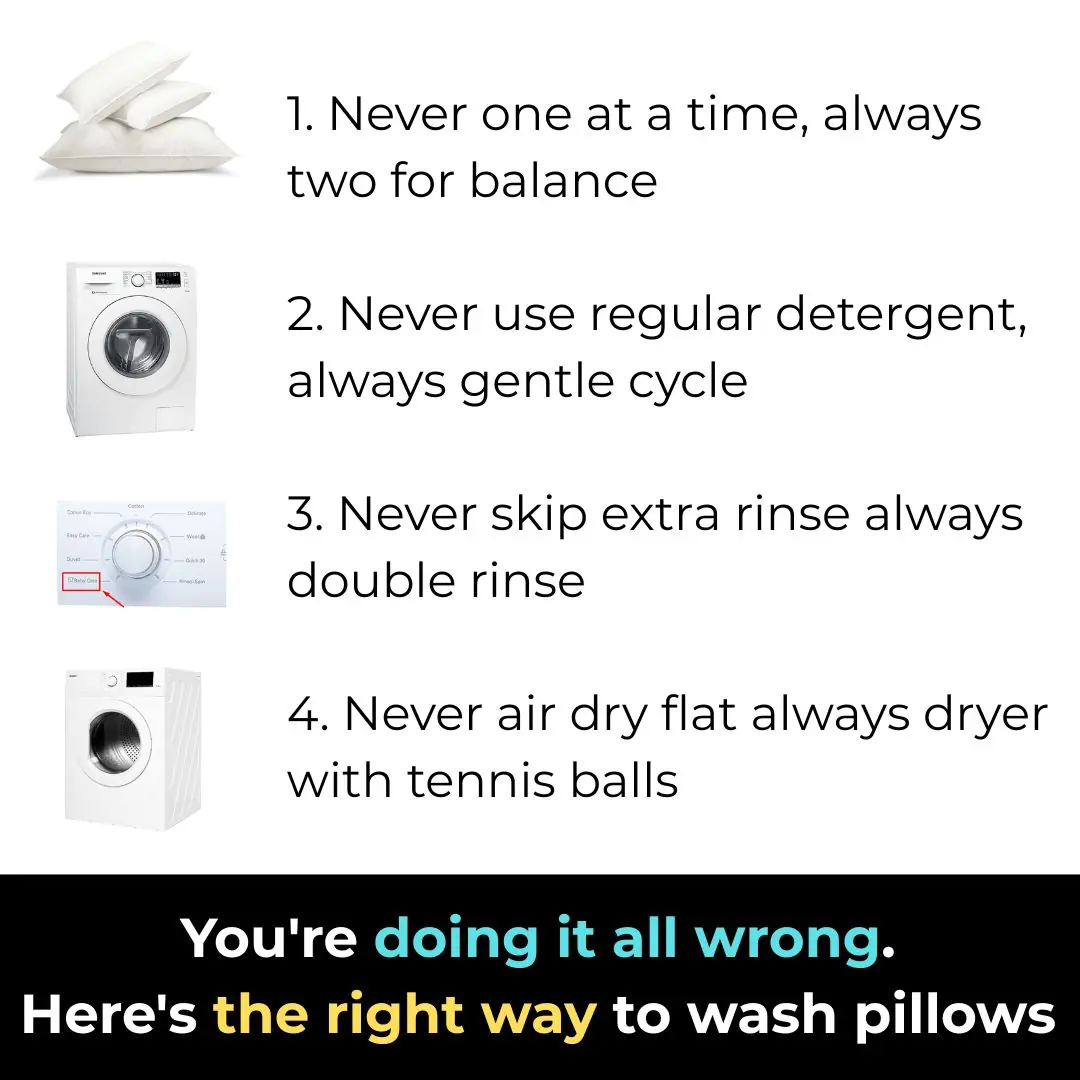
You’re doing it all wrong. Here’s the right way to wash pillows
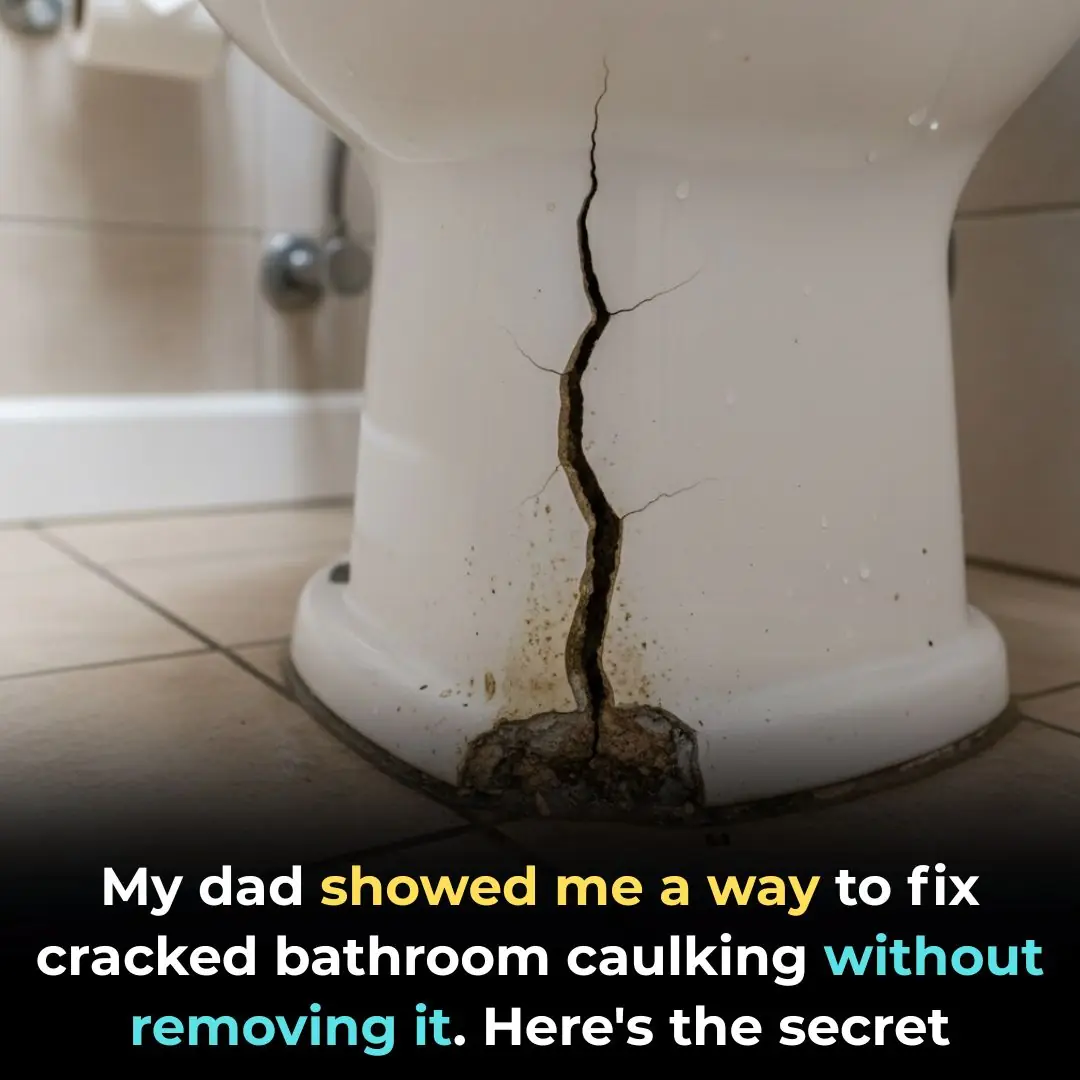
Wow, I never knew this!

Simple way to get rid of ants from sugar jar, everyone should know clearly

Put the entire roll of toilet paper in the refrigerator

Serrated Leaf Motherwort: A Precious Herb with Many Benefits

Banana flowers and their little-known uses

Eat these 5 fruits to avoid magnesium deficiency, keep your heart healthy and your bones strong.
News Post

This Homemade Coffee & Turmeric Eye Cream Will Erase Your Dark Circles

How to grow clove plant at home – from seed to spice

7 Benefits Of Papaya Seeds & How To Consume Them Correctly

Chanca Piedra (Stonebreaker): Benefits and Uses

Nerve damage? 6 best oils to help repair your nerves

Red Onion for Hair Growth: How This Overlooked Natural Remedy Can Stop Hair Fall and Boost Thickness Fast

Banana and Coffee: Powerful combination with surprising benefits

1 cup to protect the pancreas (and reduce blood sugar)
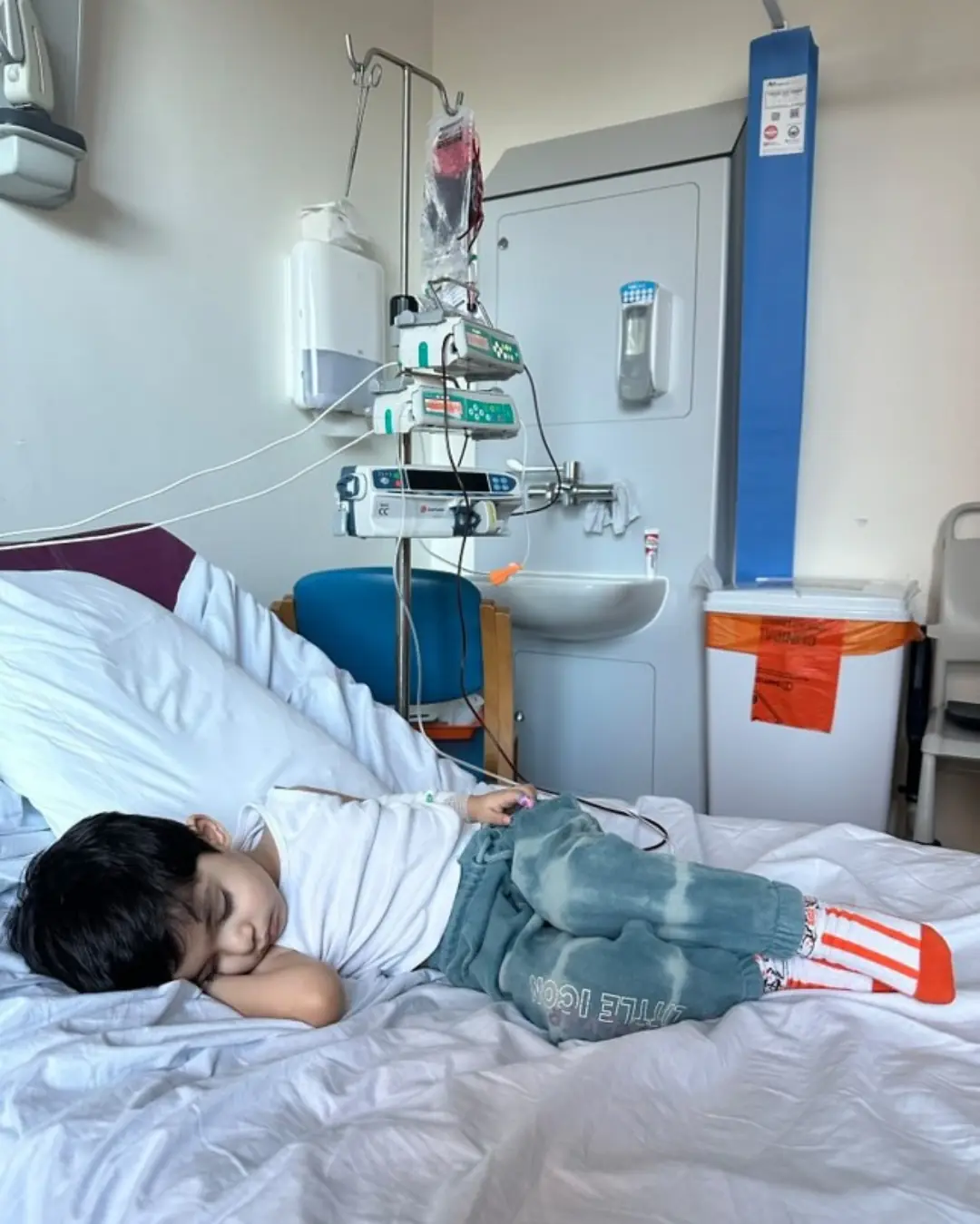
Manraj’s Journey: A Brave Little Fighter Who Beat Cancer

The Day Rick Swope Saved Jo-Jo the Chimp: A Heroic Act of Compassion

A Dramatic Rescue: The Courageous Effort to Save a Mother and Calf Elephant in Thailand

The Orange Cat and the Bears: A Friendship You Have to See to Believe

Little-known wonderful uses of baking soda in gardening
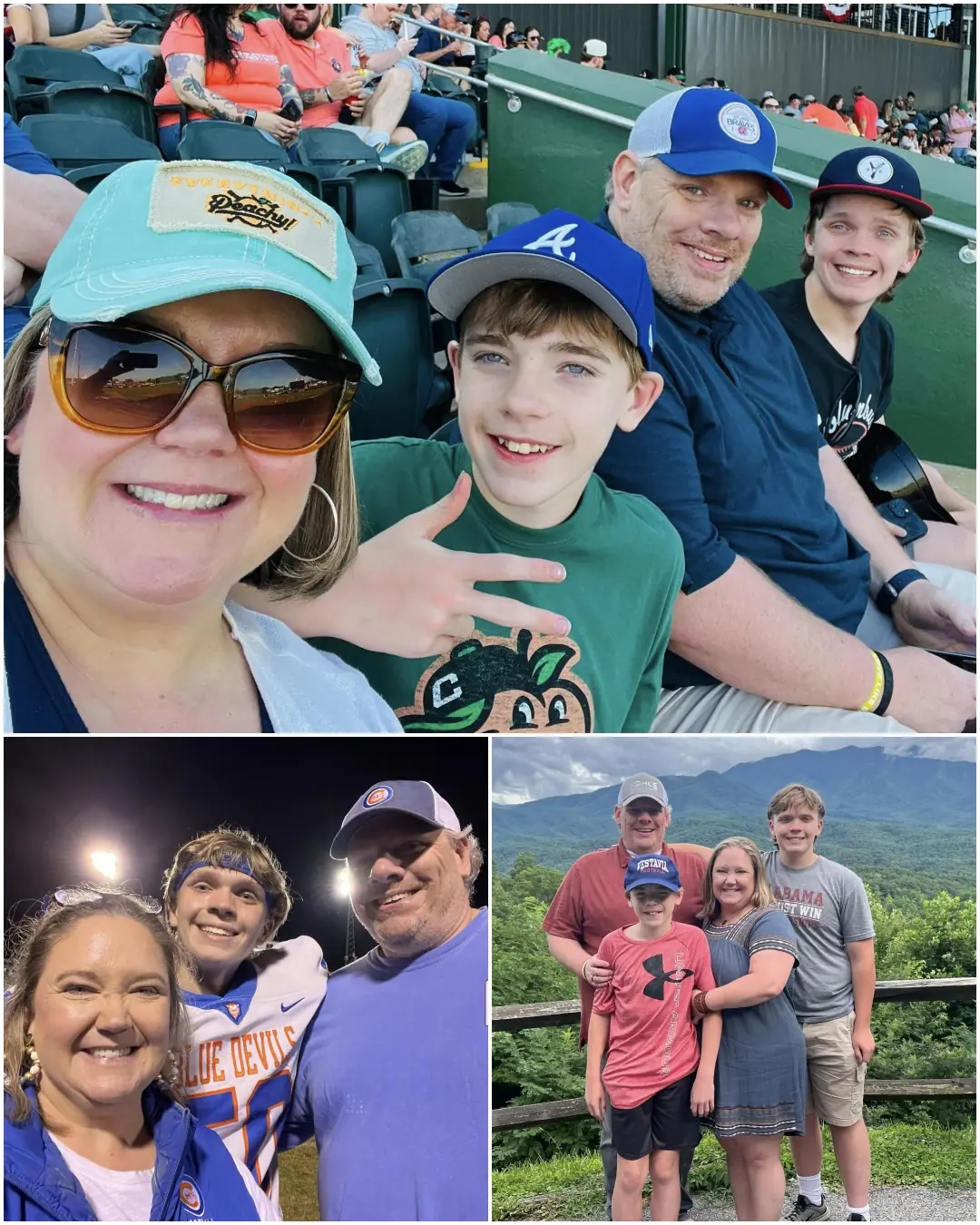
Remembering Tim Franklin: A Husband, Father, and Friend Who Loved With His Whole Heart

Abused Genius Turns King: The Lost Experiment That Became Legend of the Jungle

Why You Shouldn’t Wash Rice in the Inner Pot of an Electric Rice Cooker

Turns out I've been using it the wrong way for a long time

Semper Fi Until the End: Honoring Sgt. Kevin Lloyd, a True American Hero

🥚 5 Simple Ways to Tell if Your Eggs Are Fresh or Rotten 🚫
